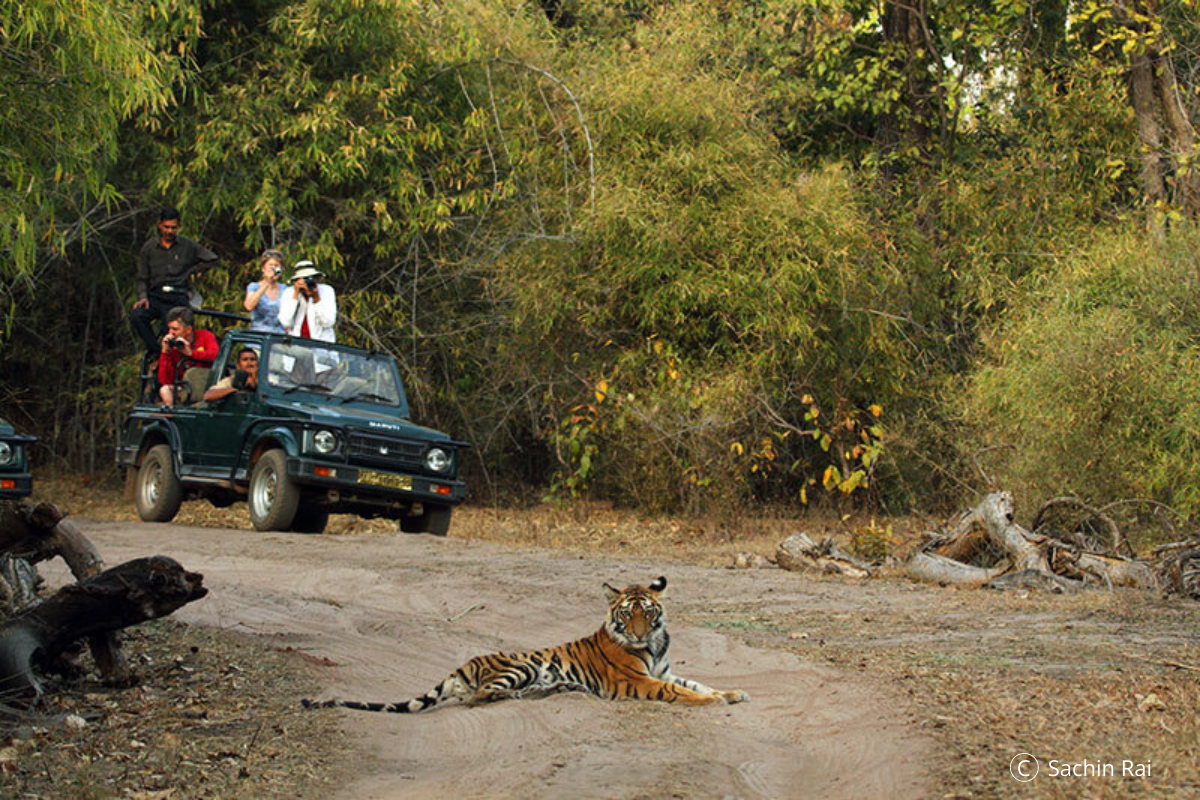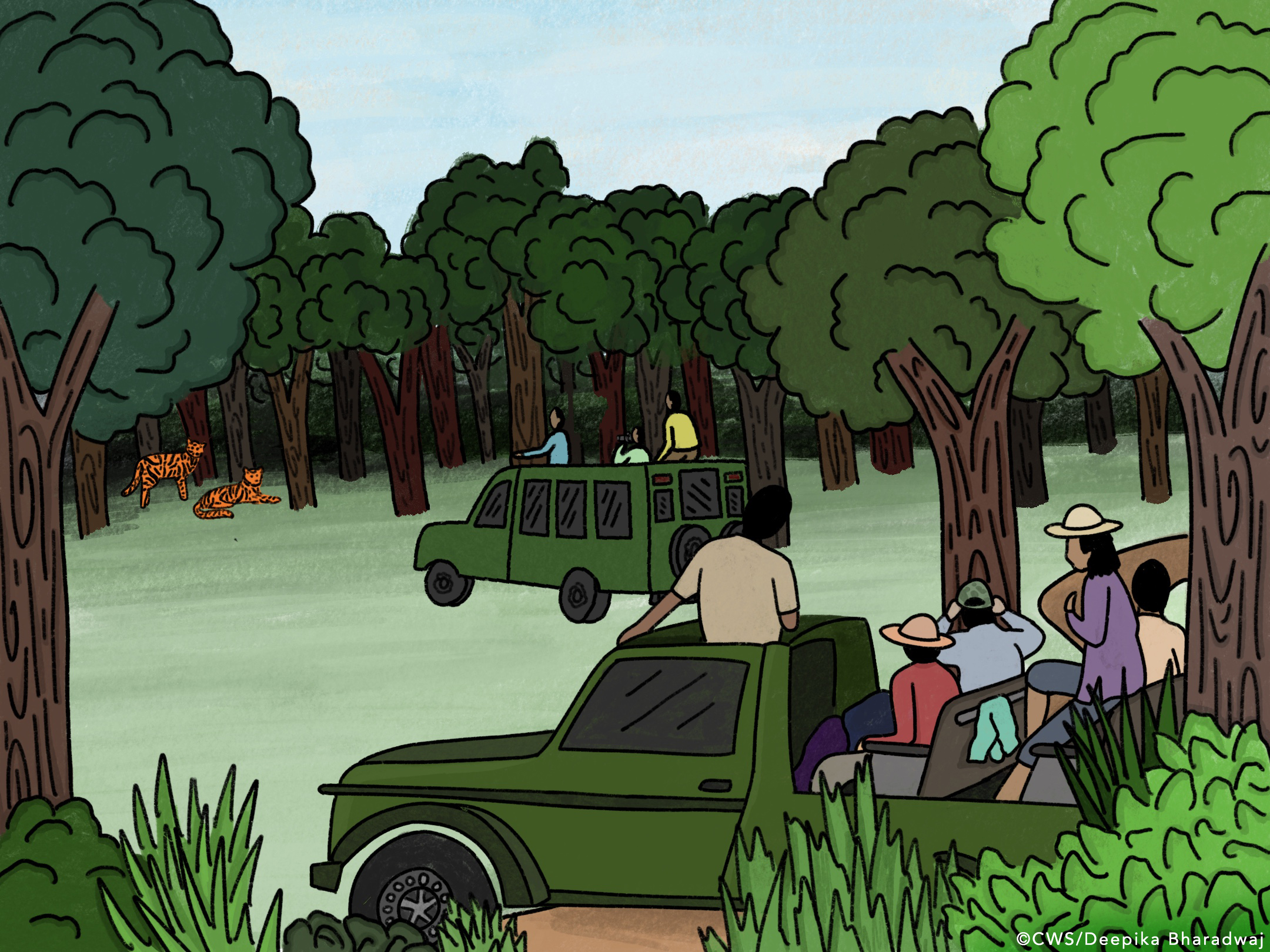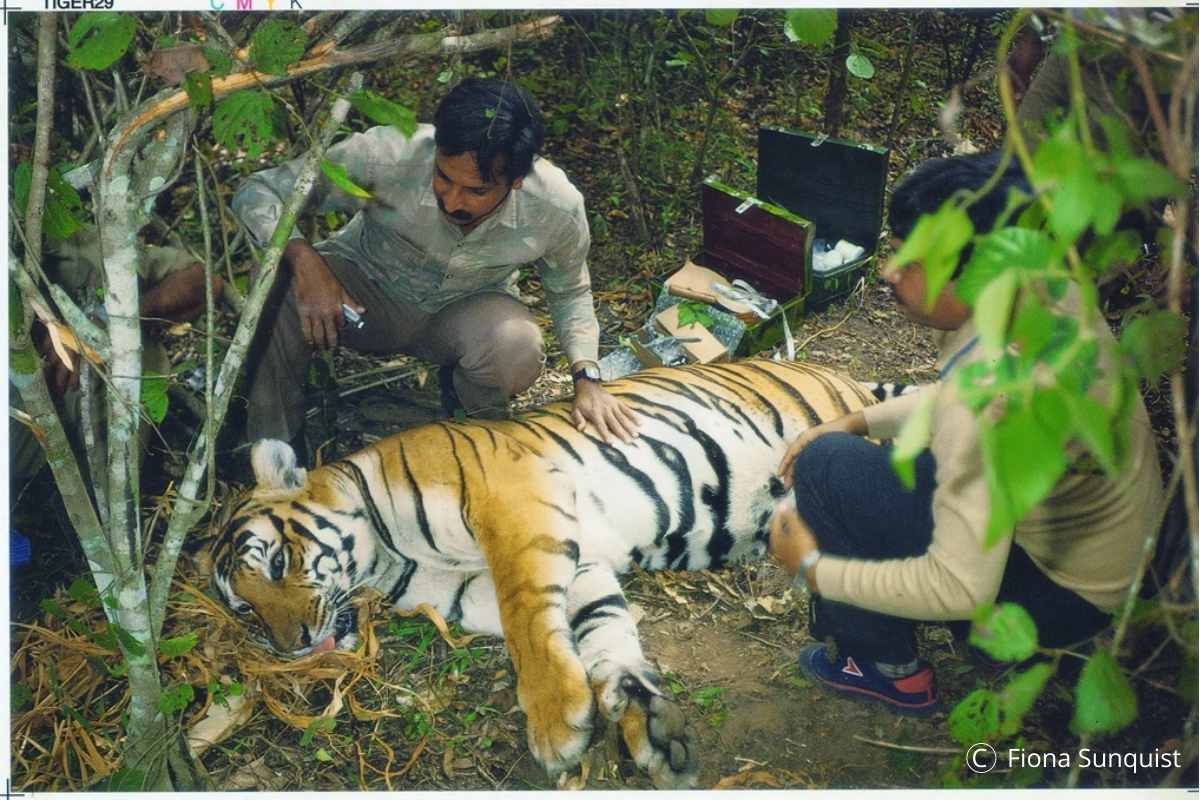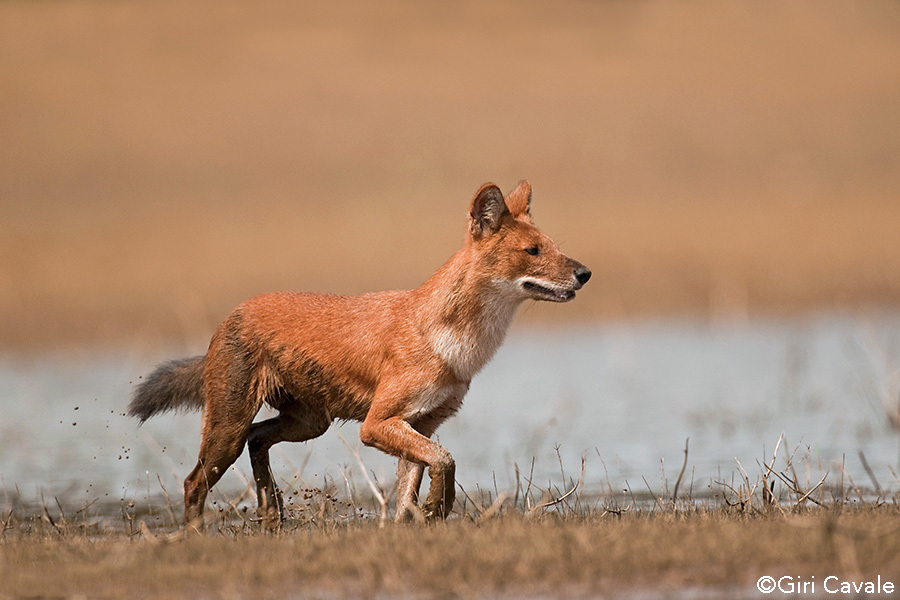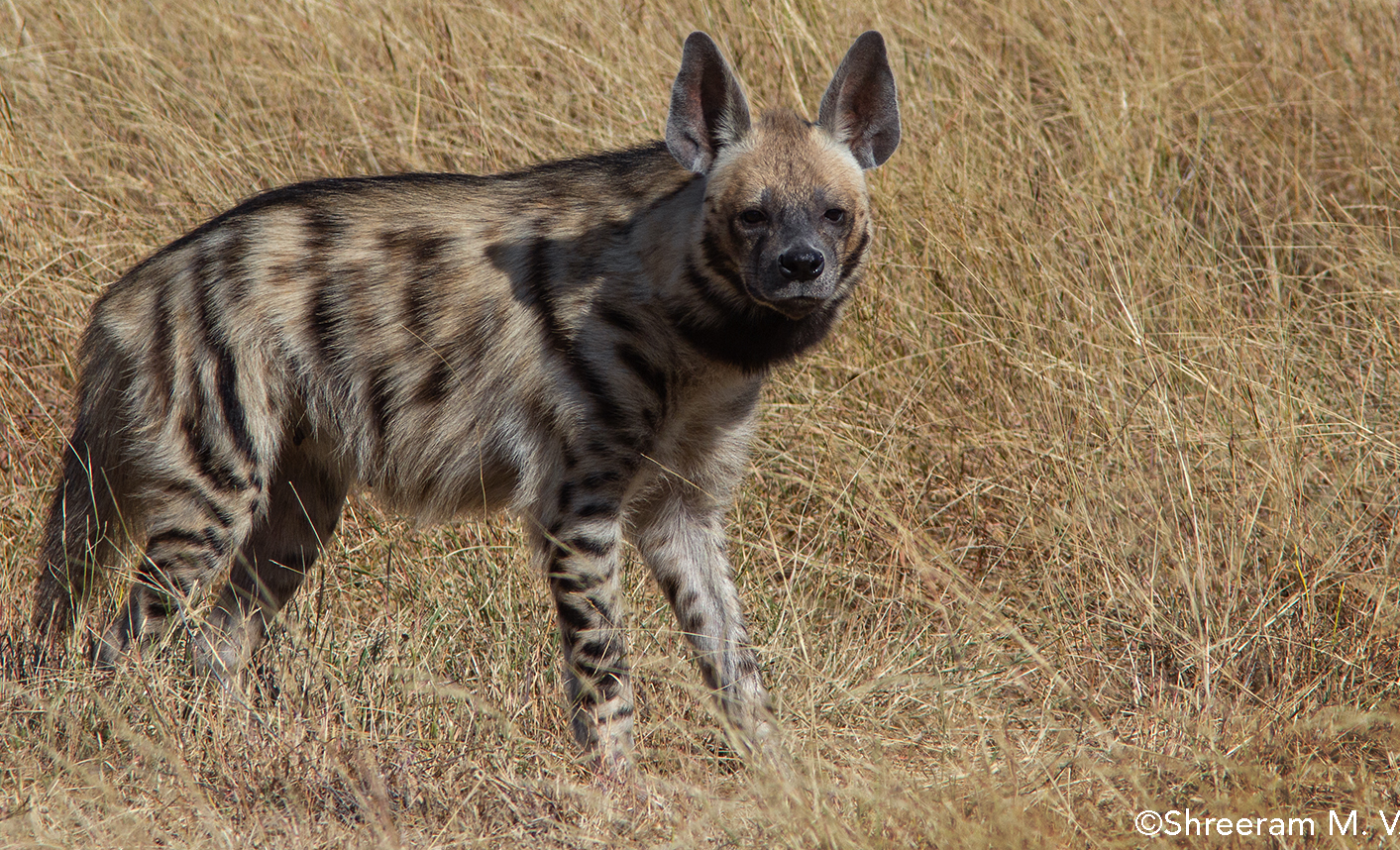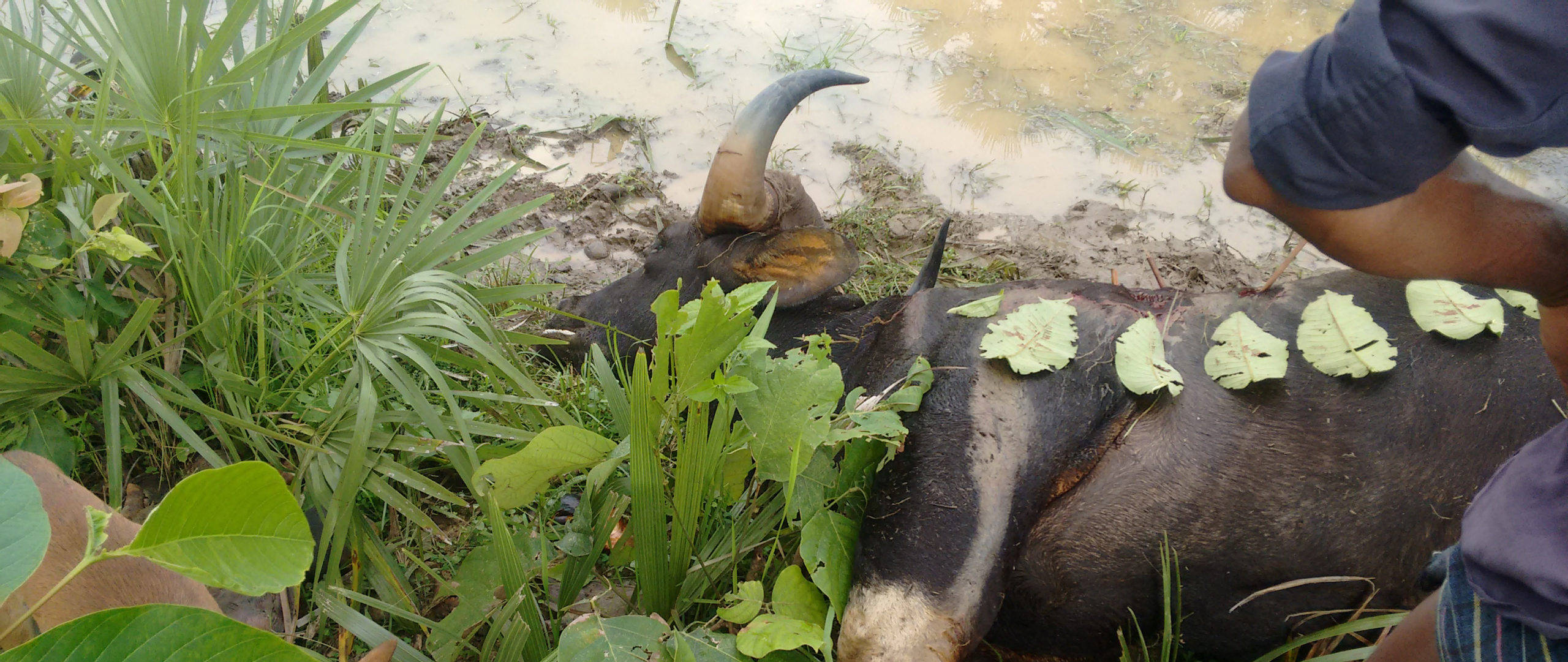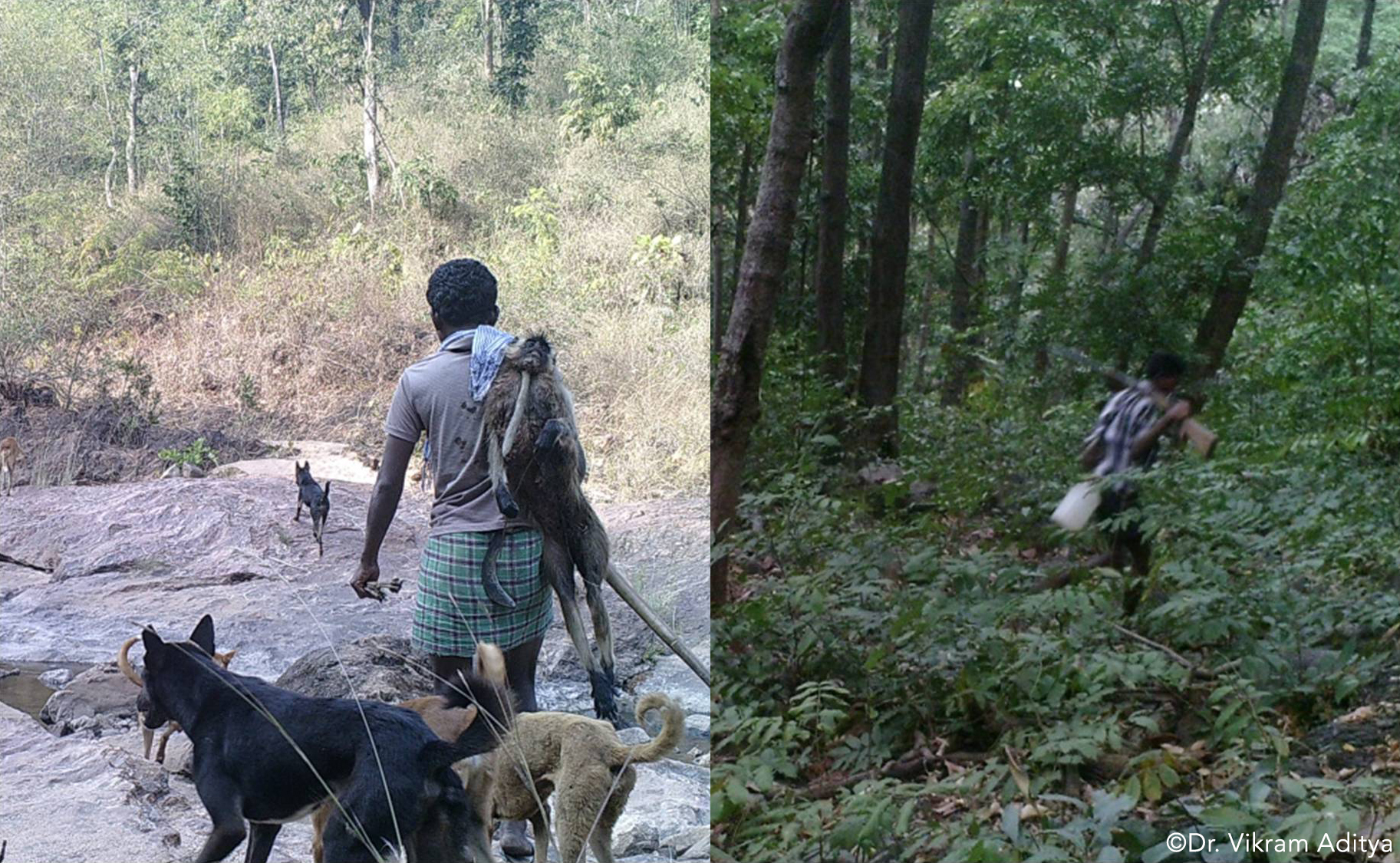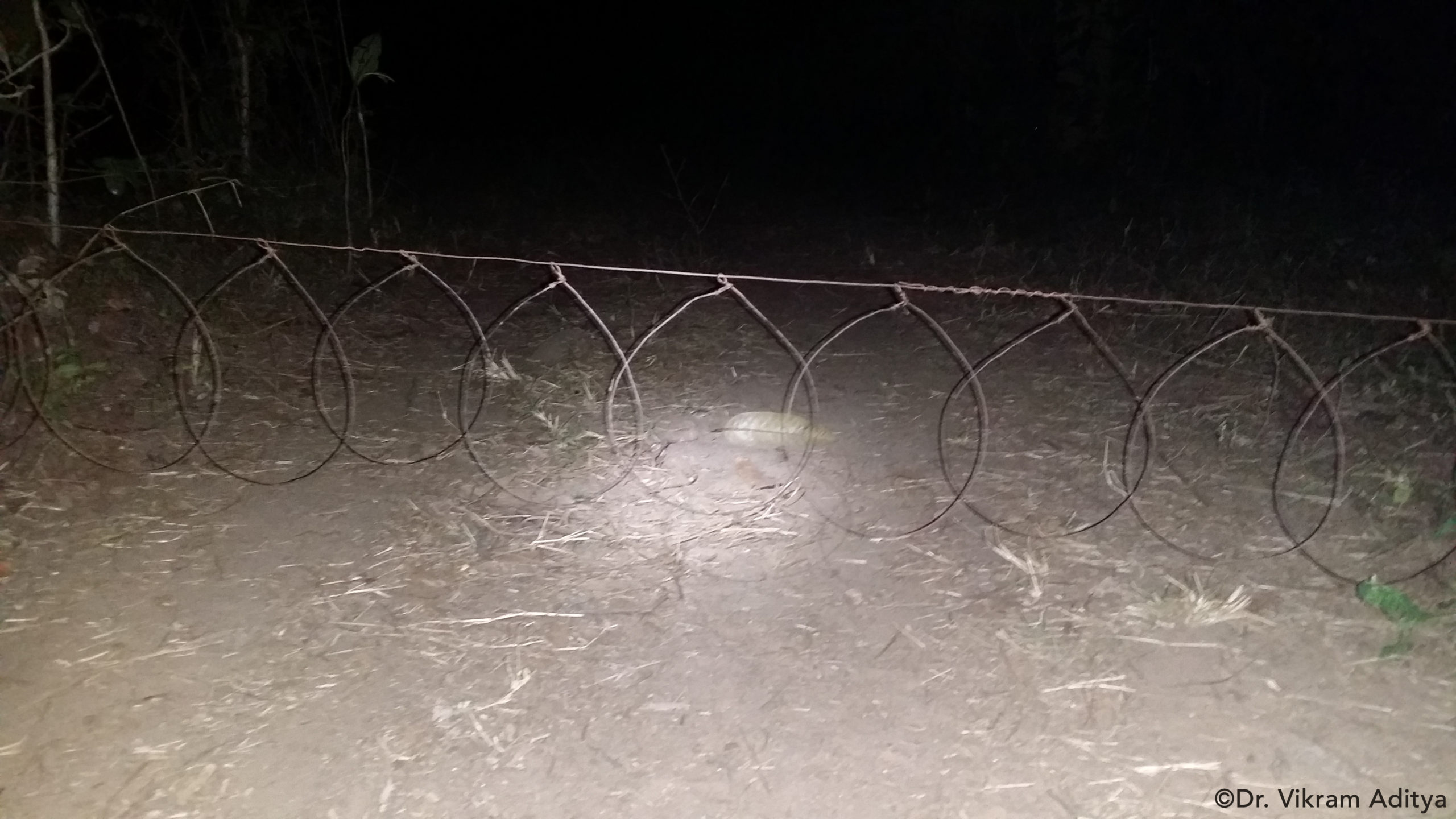Protecting the Core from Wildlife Tourism : Commentary
Wildlife tourism is a powerful sector that can play an important role in boosting local economies and creating livelihood opportunities for local communities. Scientists from the Centre for Wildlife Studies and Wildlife Conservation Society - India published a commentary on the assessment of the Court's verdict on wildlife tourism.

